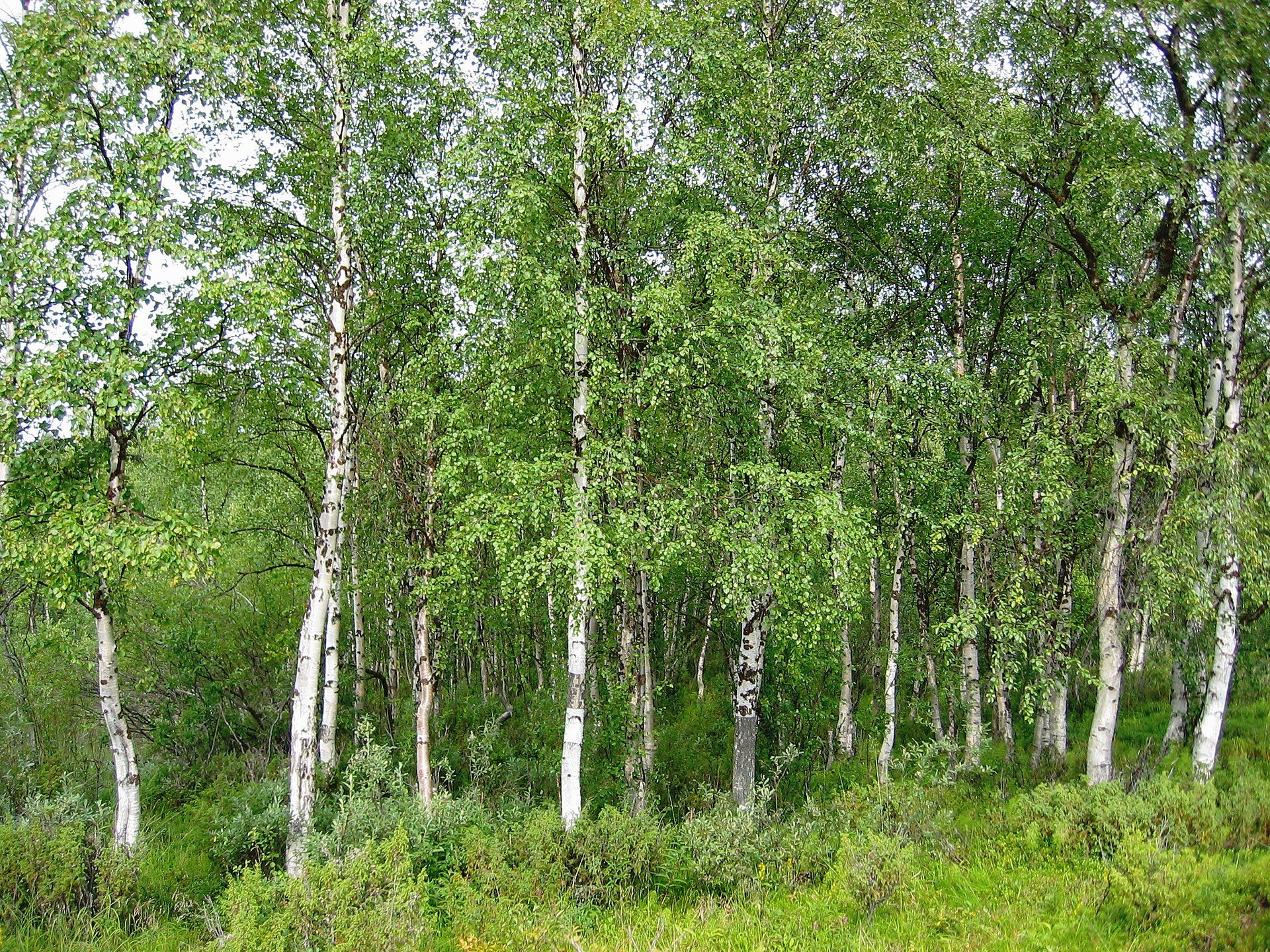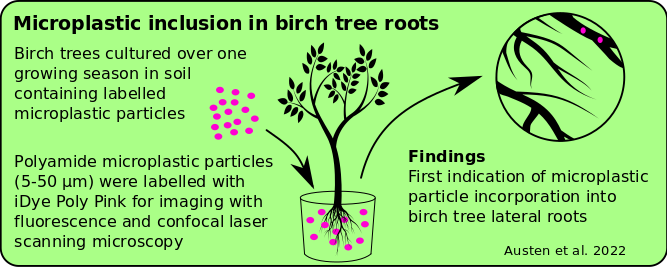
The proliferation of microplastics in our oceans has received worldwide attention. However, the abundance of the tiny plastic fragments in the soil has largely gone unnoticed. A 2018 study by German scientists found terrestrial microplastic pollution — caused by wastewater irrigation and sewage — far exceeds marine microplastic pollution.
Previous research has shown that plants often absorb microplastics. They either end up in the produce we consume or accumulate inside the plants' root systems. This led scientists from Germany's Leibniz Institute for Freshwater Ecology and Inland Fisheries (IGB) to wonder if plants could be used to remove plastic particles from ecosystems in a controlled manner.

For their study, the scientists turned to birch trees. The fast-growing trees, found in abundance in the Northern Hemisphere's temperate zones, have proved effective in restoring contaminated land. Their shallow roots absorb industrial pollutants and heavy metals from the soil and store them in the trees' tissues. Microbial communities inside the tissues help break down the otherwise harmful hydrocarbons.
The scientists tagged microplastic beads with a fluorescent dye and added them to the soil of potted silver birch saplings. The root systems were examined five months later using laser scanning technology. The study, published in the journal Science Direct on February 20, 2022, found that the microplastics had permeated different sections of the roots in between five and 17 percent of the trees.

While the results are encouraging, the team still needs to determine the microbeads' impact on the birch trees. "The uptake rate of microplastics and the effects on the short- and long-term health of the trees still need to be studied," said lead author Kat Austen. "But this pilot study suggests birch has real potential for long-term soil remediation solutions — including reducing the amount of microplastics in soil and possibly water."
Promising as the news is, trees alone will not help solve our ever-growing plastic pollution problem. For that to happen, we will all have to do our part. This Earth Day, let's "Invest in our Planet" by reducing, or perhaps even eliminating, the use of single-use plastics in our daily lives.
Happy Earth Day!
Resources: Unep.org, Newatlas.com, Phys.com, Ibtimes.com
